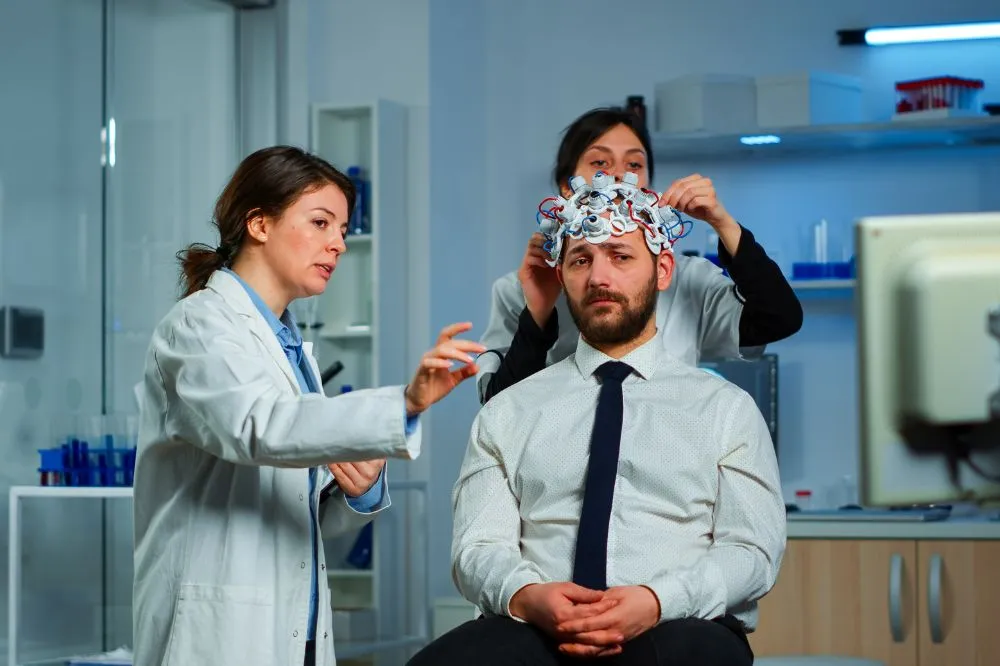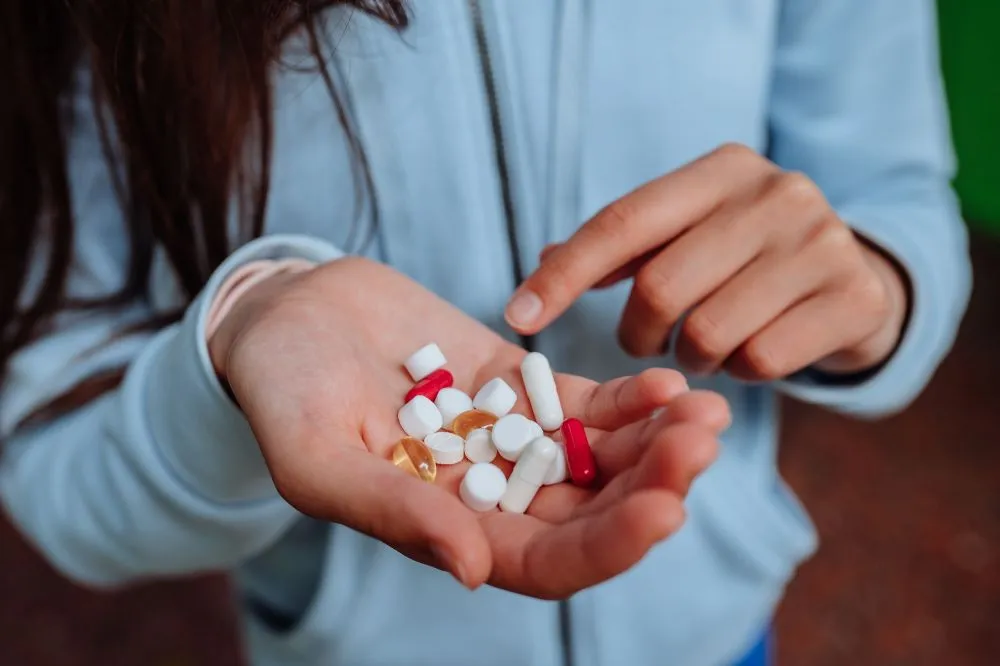Summary: Studies show that just about 40% of those who begin addiction treatment programs finish it. Moreover, treatment relapse rates are pretty high. It means that the majority of those who start substance abuse treatment fail to benefit. However, studies suggest that non-pharmacological means like regular telephonic follow-up, family support, 12 steps, and spirituality can help improve addiction recovery rates.
Many people living with addiction would like to live a healthy life. Therefore, many of them also join recovery programs. However, it is no secret that many of these de-addiction programs fail long-term. However, initial results may be pretty encouraging.
The National Substance Abuse and Mental Health Services survey shows that less than half of those who start treatment for opioid and alcohol addiction complete it. Furthermore, only about 40% of those joining treatments are estimated to finish it. Needless to say, in the long run, just a small number of them can stay clean.
All this means that only a small fraction of those joining addiction treatment programs benefit in the long run. This is a cause for worry. It means that addiction treatment is not able to help well in most cases. However, researchers think that small changes to addiction treatment can substantially increase addiction recovery rates.
Researchers have not realized the factors that influence recovery rates. Using these new techniques means that more than 70% who start substance abuse treatment can finish it, and most of them can stay clean for years. Some are able to live addiction free for the rest of their life.
The Suboxone program is another form taken up for opioid addiction treatment.
It appears that during treatment, there is a need to resolve addictive behavior. It is about teaching those living with substance use disorder (SUD) new ways of countering their well-established habits. It is also about providing much-needed social support.
For example, a simple measure of making a phone call twice a month may help a patient stay clean. It helps them mentally and emotionally. They feel better connected with their treating doctors. Studies suggest that even such a simple measure of keeping regular contact with the patients can increase their chances of staying addiction free by almost twice. Thus, in addiction treatment, follow-up with patients is critical.
Many other factors influence long-time recoveries, like better social support, family support, and engagement with peer groups.
Further, recovery rates can be increased significantly through a 12-steps program and spirituality.
It is about realizing that recovery is a lifelong process. Just completing a few week-long treatments does not mean that a person will be able to stay clean for long. Thus, the two most important factors ensuring long-term recovery are social/emotional support and behavioral therapy.
A 12-step program and spirituality can also help enforce certain things. First, one needs to practice spirituality daily. It is about strengthening willpower, increasing self-confidence, and believing that one can overcome addiction. It is also about developing a moral inventory. Finally, it is about accepting shortcomings and working on them. Prayers and meditation may also help eliminate weaknesses and promote spiritual awakening.
When it comes to long-term recovery, it is not so much about drug therapy as it is about non-pharmacological means. There is increasing evidence that follow-up with patients, providing them with social support, and teaching them ways to alter their behavior can have a significant impact.
Therefore, all those seeking treatment for their addiction must pay particular attention to the non-pharmacological treatments provided by any addiction center, like social support, 12 Steps, spirituality, teaching social and cognitive coping, and more.






